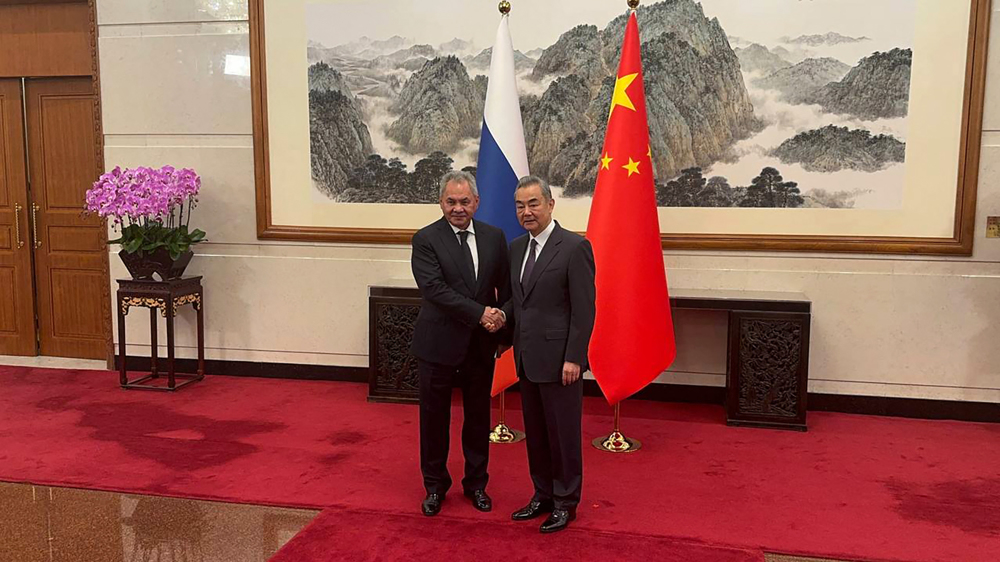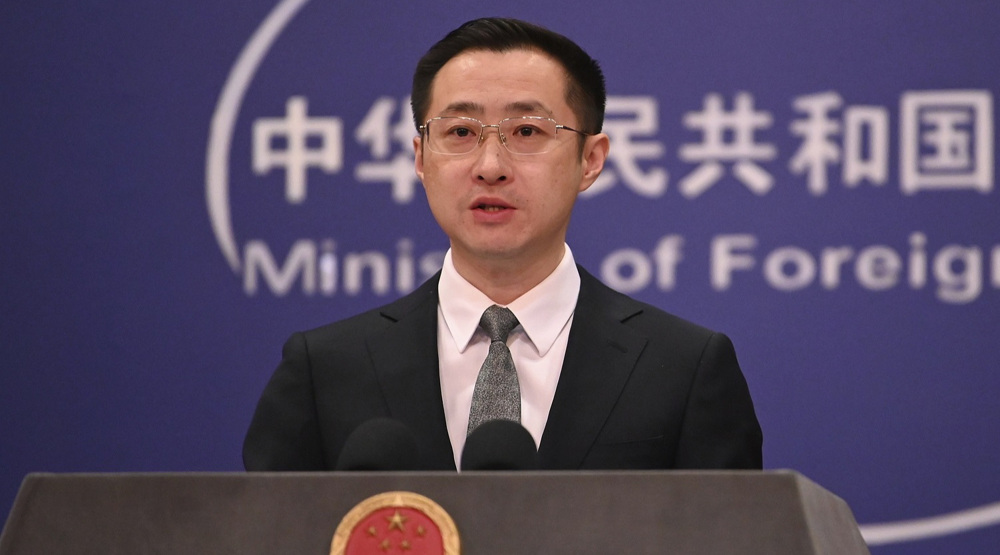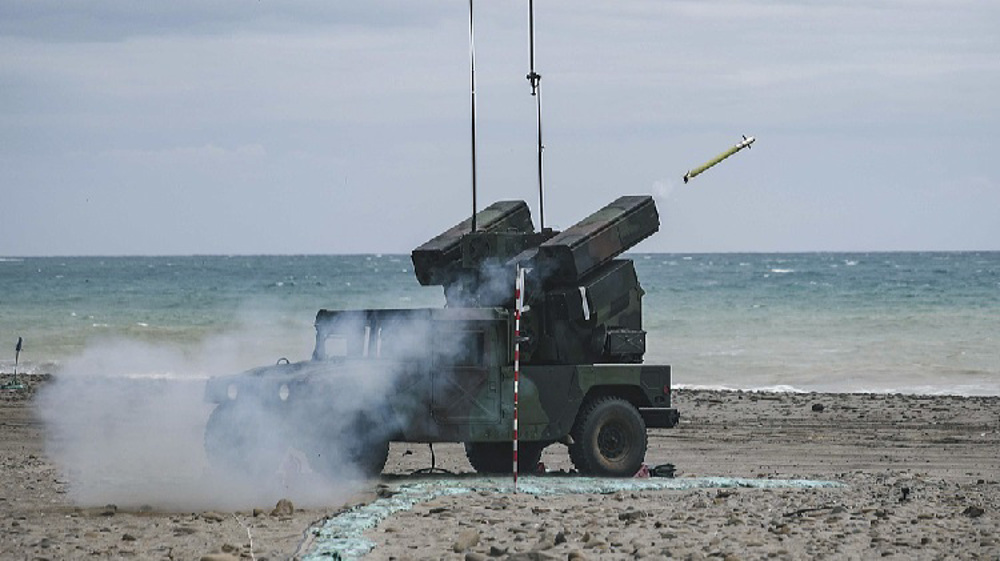China: Hong Kong security law will apply to extremely rare cases
A senior Chinese official has assured Hong Kong’s residents that the national security legislation, which has sparked fresh protests in the semi-autonomous territory, will grant the mainland special jurisdiction over “some extremely rare” security cases there.
Deng Zhonghua, deputy head of China’s Hong Kong and Macau Affairs Office, said enforcing the new anti-subversion law would largely fall to Hong Kong’s local authorities and police.
“However, the central authorities should also reserve jurisdiction over some extremely rare cases when an offense takes place in Hong Kong and poses a serious threat to China’s national security," Deng said speaking at a Basic Law seminar in Shenzhen on Monday.
The official also said the legislation will not punish people retroactively.
Deng highlighted the similarities and differences between the legal systems of mainland China and the semi-autonomous business hub.
“Although there are differences in the legal systems of Hong Kong and the mainland, the principles followed by the Hong Kong and mainland criminal laws are not that great,” Deng said.
“Both laws include principles such as presumption of innocence, the right for criminal suspects and defendants to have legal defense, and laws not being applied retrospectively. All these principles can be stipulated in this legislation,” he added.
Deng’s comments came as the National People’s Congress (NPC), China’s top legislature, prepares to unveil the new legislation for Hong Kong.
Following months of calm, unrest returned to Hong Kong last month after Beijing announced the plan to introduce new national security laws that are expected to forbid sedition, secession and subversion against the mainland.
It will also pave the way for Chinese national security institutions to operate in the city for the first time since 1997, when Hong Kong returned from British to Chinese rule.
The law was drafted after months of massive and sometimes violent anti-Beijing protests last year.
Critics view such a measure as a blow to the semi-autonomous region’s autonomy and civil liberties.
Proponents, however, believe the proposed legislation will return stability and leave political freedoms intact, and that Hong Kong’s local legislature has failed to pass its own national security laws over the years.
VIDEO | Intl. Day for the Elimination of Violence against Women: A stark reminder of Gaza women
Australia denies ex-Israeli minister Shaked visa
VIDEO | 85% of Yemeni displaced people face daily hunger crisis
US House passes bill targeting charities and pro-Palestine groups
VIDEO | Supporting Gaza genocide
Hezbollah attacks Israeli forces after Lebanese homes blown up
World leaders, states hail ICC arrest warrants for Netanyahu, Gallant
MP: US accountable for possible Israeli 'foolishness' to attack Iraq














 This makes it easy to access the Press TV website
This makes it easy to access the Press TV website